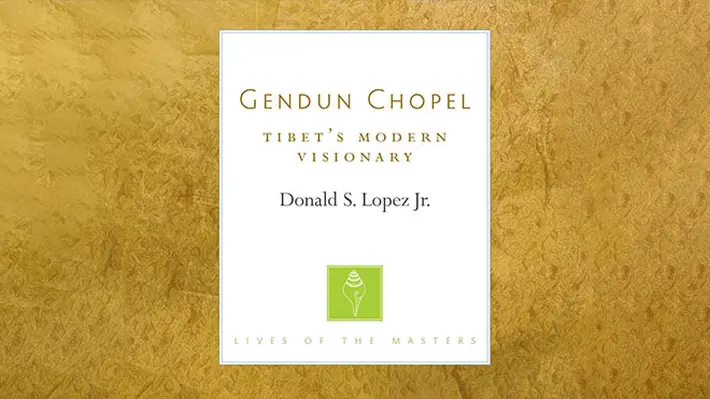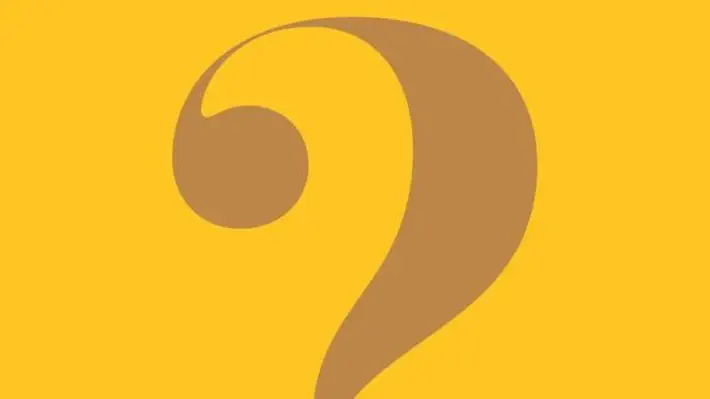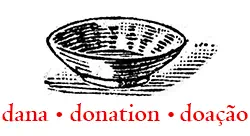A Review of “Gendun Chopel: Tibet's Modern Visionary”

Best and most accessible book on the foremost Tibetan modernist figure
I’ve become interested in the ideas and life of Gendun Chopel after hearing some quite high and public praises by lamas such as Dzongsar Khyentse Rinpoche and His Holiness the Dalai Lama. The name really stuck, and I have been following Professor Lopez’s work since the early 2000s.
A few years ago I was working as a Portuguese interpreter in Brazil for a quite well known Western Buddhist scholar, and I asked him about Gendun Chopel. His answer was dismissive; he said “I don’t quite understand the academic fetish around this person”. He also warned me against Professor Lopez’s lack of open commitment to the Buddhist teaching, “Either he is a crypto-Buddhist and believes academic impartiality is higher than refuge, or he is not a Buddhist at all”.
I must say I am not in academia, and I have been a practicing Tibetan Buddhist for around 20 odd years now. So, I don’t seek to read books out of curiosity, or simply as an intellectual endeavor, but only in order to enhance my devotion and practice.
So I read Professor Lopez's books with the utmost carefulness, not quite allowing myself to become a “fan”, even though the subject matter was quite the type of stuff I am interested in – some of the more interesting internal polemics between Tibetan schools, sexuality, the adaptation of Buddhism to modernity, and a mercurial figure that could perhaps be a “crazy wisdom master”.
I confess I was in doubt about Lopez – but not quite in doubt about Gendun Chopel, since he was openly praised by my teachers – up until this book. I have read 4 of the other 5 books he wrote on the subject, but this was the one that won me over. This guy might be a crypto-Buddhist, but the way he qualifies Gendun Chopel as a Buddhist, and perhaps a great scholar master, is quite indicative of a deep understanding of Buddhism; of the kind I have only so far seen in Dzongsar Jamyang Khyentse Rinpoche himself. The way he recognizes Gendun Chopel’s Dharma practice is really very profound.
So I can finally disregard that one-sided warning and welcome Professor Lopez to the mandala of my mind.
Apart from my perhaps idiosyncratic religious inclinations and peculiar interests, the reader can rest assured: this is a delightful interesting book to read. If you like spirituality, biography and particularly how some of the modernist (global) ideas played on the mind and actions of a highly gifted person from a very xenophobic culture that had a first hand glimpse of India’s multiculturalism in the effervescent beginning of the last century, you will love it.
If you are interested in the multicultural challenges the adaptation of Buddhism has to face in the modern world, this is also an essential book on that.
If you are interested in Buddhism in general, and in the history of how Buddhism came to the west, this is a seminal work. If you are a Tibetan Buddhist student, you need to know this teacher, Gendun Chopel. And that’s the best and most accessible book about him.
Buy the book at amazon.com using this link and help this website.
 amazon
amazonThe Guru Drinks Bourbon?
Devotion to one’s teacher is the lifeblood of the Vajrayana path. Because the guru can and will use whatever means it takes to wake us up, this relationship may require us to drop our most deeply held beliefs and expectations. Dzongsar Jamyang Khyentse addresses some of the most misunderstood aspects of this powerful relationship and gives practical advice on making the most of this precious opportunity for transformation. Through stories and classical examples, he shows how to walk the path with eyes wide open, with critical-thinking skills sharpened and equipped to analyze the guru, before taking the leap.
 tzal.org
tzal.orgA Review of Hema Hema
The movie by Khyentse Norbu in the words of your favorite webkeeper Padma Dorje.
 tzal.org
tzal.orgNewsletter
Subscribe to my newsletter to get the latest news about my activites and interests.
 TRICYCLE
TRICYCLEMeditation, According to Stock Photography
Unreliable meditator Brent R. Oliver explores an unreliable source.





